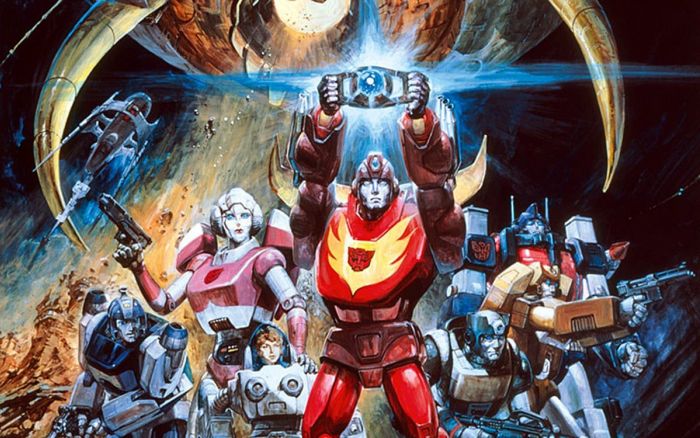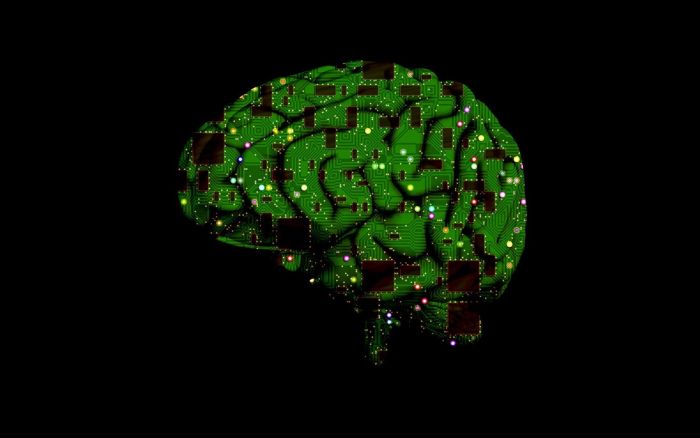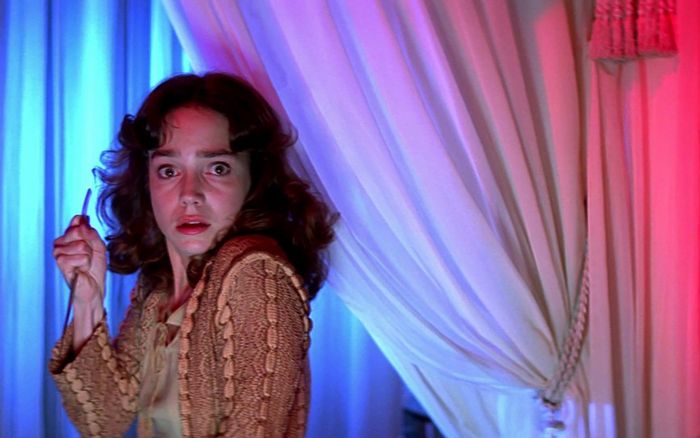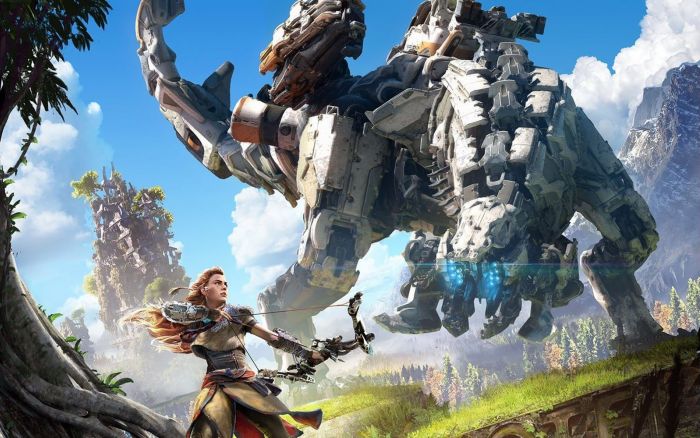Weekend Reads: Transformers, Embryos & Ethical Dilemmas, Worshipping Artificial Intelligence, Buffy the Vampire Slayer & more

Transformers: The Movie was a landmark childhood event for Tim Carmody. “As kids who loved the TV cartoon, we were literally invested in these characters. To the extent that a child can have net worth, a huge percentage of it was tied up in these toys, and the characters they represented. Here they are getting killed off right and left — ominous smoke pouring forth from their mouths, my god — and all Megatron can say is ‘that was almost too easy.’ ”
Dale Markowitz has looked into the future of online dating, and it looks pretty bleak. “Dating apps promise to connect us with people we’re supposed to be with — momentarily, or more — allegedly better than we know ourselves. Sometimes it works out, sometimes it doesn’t. But as machine learning algorithms become more accurate and accessible than ever, dating companies will be able to learn more precisely who we are and who we ‘should’ go on dates with.”

The building’s burning down and you can either rescue a five-year-old child or 1,000 frozen embryos. Seems like an impossible philosophical dilemma — or is it? “[I]t seems plausible that most reasonable people… would save the five-year-old girl. Can we agree that this choice is reasonable, given our view not just of the nature of the frozen embryos — they are human beings — but also of their value, for we hold that they are beings equal in fundamental worth and dignity to those other human beings currently reading this essay?”
Technologies like IVF allow people to have children who ordinarily couldn’t, but at what cost? “When first invented, in vitro fertilization (IVF) was sold as a medical remedy to be limited to married couples who could not otherwise conceive. That moralistic restriction is long gone. Today, access to IVF has few limitations — and includes even women well beyond their natural childbearing years.”

A Silicon Valley engineer has started the world’s first religion devoted to artificial intelligence. “Humans are in charge of the planet because we are smarter than other animals and are able to build tools and apply rules… In the future, if something is much, much smarter, there’s going to be a transition as to who is actually in charge. What we want is the peaceful, serene transition of control of the planet from humans to whatever. And to ensure that the ‘whatever’ knows who helped it get along.”
Other Silicon Valley engineers are worried that technology can hijack our minds. “There is growing concern that as well as addicting users, technology is contributing toward so-called ‘continuous partial attention’, severely limiting people’s ability to focus, and possibly lowering IQ. One recent study showed that the mere presence of smartphones damages cognitive capacity — even when the device is turned off. ‘Everyone is distracted,’ Rosenstein says. ‘All of the time.’ ”

Christ and Pop Culture has published a lot of great stuff lately, beginning with three excellent horror-related articles. The first considers the horrendous beauty of Dario Argento’s Suspiria. “The movie abounds in supernatural evil and excessive violence. It’s also undeniably beautiful. Given that this is a horror movie, those first two features will make sense to most of us. Scary movies are known for supernatural invasions and generous bloodletting. But how do we account for the presence of beauty in the mix?”
The second looks at the materialist viewpoint in Arthur Machen’s The Three Impostors. “I have long thought horror to be among the most amenable literary genres for the Christian. It often affirms the supernatural in a disenchanted world or hews to surprisingly traditional standards of morality. Some of the most powerful horror, however, simply brings into the open the true dismay of inhabiting a godless cosmos.”

What does Buffy the Vampire Slayer say about facing our fears? “Our culture constantly tells us to listen to our hearts. But when our hearts tell us to run out of fear, maybe it’s not such great advice. Doing what feels good in the moment results in a society that has no backbone, that’s selfish, that runs from difficult situations.”
The Dissect podcast offers a deep dive into music criticism and analysis. “Rather than a cursory review that pigeonholes an album before we have time to sit with it, he’s spending time in the music and letting it speak on its own terms: he’s meeting it ‘with respect and openness.’ Having done that, if he wanted to venture a few critical judgments of his own, he’d have earned it.”

Horizon Zero Dawn is one of the year’s most acclaimed games, as it looks at how technology can enslave and save us. “This paradoxical world where advanced technology and nature have an ambivalent relationship reflects one of Horizon’s main questions: what can and should be the place of technology in civilization?”
Finally, Lorraine Berry wonders if the traditional western still has a place in today’s world. “Can a book published in 2017 hold onto its view of the west in a time when we recognize how horrifically the Native American was treated? Is there space for women characters as something more than an object of protection? What about the environmental damage that we know was wrought by the slaughter of the American Buffalo, hunting practices that drove the animal to the brink of extinction?”